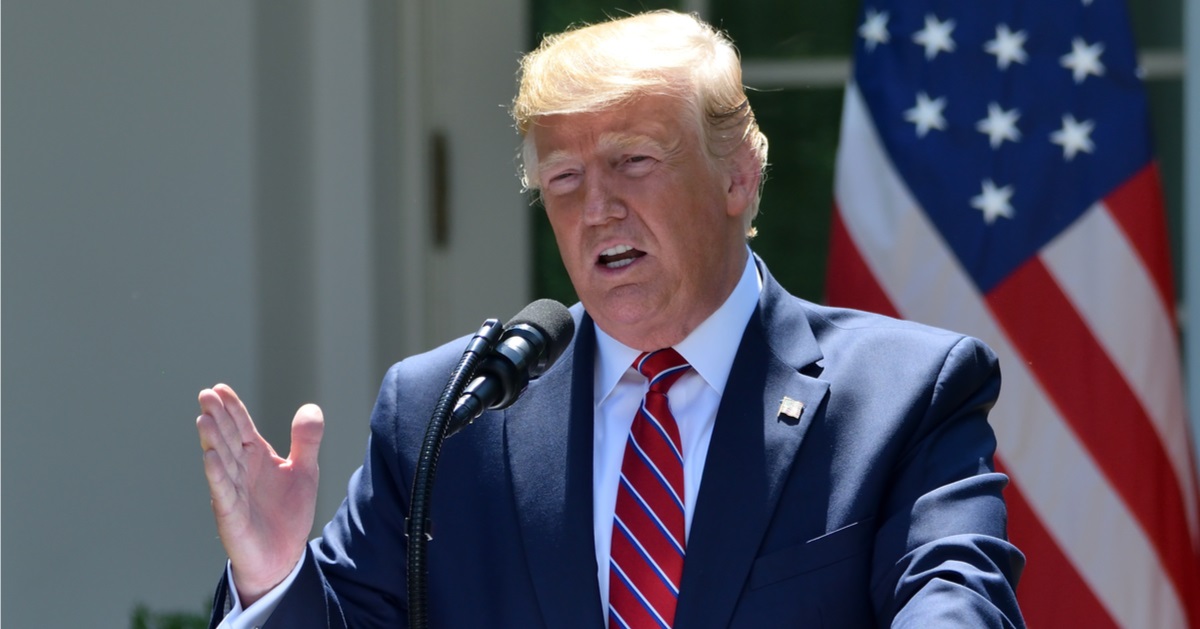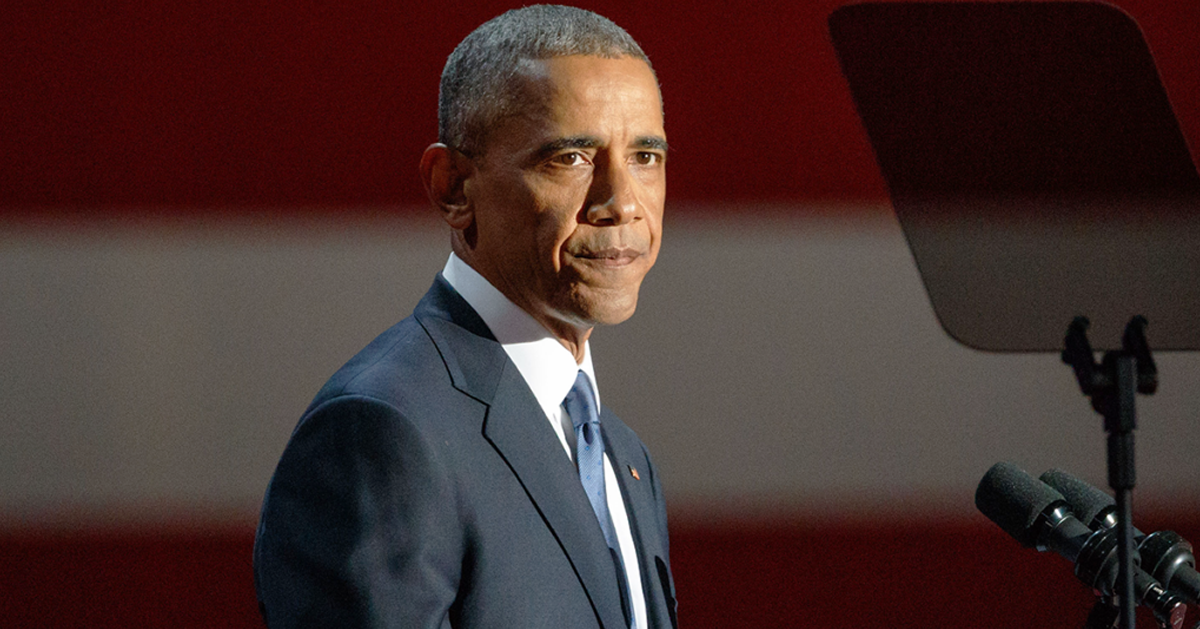GOP Sen. Tillis joins Senate Dem colleagues in opposing 'concessions' in Trump's peace plan for Russia and Ukraine
Ending the Russia-Ukraine war is a top priority for President Donald Trump, and his administration is currently pushing a compromise peace plan that could potentially achieve that desired outcome, but not everybody is happy with all of the details of the proposal.
A prominent Republican senator has now joined some of his Democratic colleagues in sharply criticizing the "concessions" that Ukraine must make as part of the president's plan, according to the Washington Examiner.
What those senators seemingly fail to acknowledge, however, is that nobody is ever fully satisfied by a true compromise, and that while often far from ideal, some concessions are dictated by the realities on the ground.
Senators have "significant concerns" about peace proposal
On Saturday, outgoing Sen. Thom Tillis (R-NC), who is not seeking re-election next year, joined with his left-leaning Democratic comrades on the Senate Foreign Relations Committee, led by ranking member Sen. Jeanne Shaheen (D-NH), in a joint statement that was critical of President Trump's plan for peace between Russia and Ukraine.
"We share significant concerns over the details of the reported peace plan that has been released," the senators said.
"For over 10 years, Russia has illegally occupied Ukrainian territory, and for almost 4 years, Ukraine has admirably defended itself against Russia’s attempts to fully occupy Ukraine," they continued. "No one wants a just and lasting peace more than the Ukrainian people."
"However, we will not achieve that lasting peace by offering Putin concession after concession and fatally degrading Ukraine’s ability to defend itself," the senators observed. "History teaches us that Putin only understands strength and will not abide by any agreement unless it is backed by force."
"We must consult closely with our Ukrainian and NATO partners on the path forward. We should put real pressure on Russia to come to the negotiating table," they added. "And we must make clear to the Kremlin -- and would-be aggressors in Beijing -- that America will stand unwaveringly in defense of freedom."
"This plan is not easy, but it is good"
Axios reported that the Trump administration's 28-point peace plan for Russia and Ukraine was drafted by top Trump envoy Steve Witkoff, with assistance from Secretary of State Marco Rubio and the president's son-in-law, Jared Kushner, along with input from top advisors for both Russian President Vladimir Putin and Ukrainian President Volodymyr Zelenskyy.
Neither side has fully accepted or endorsed the plan yet, but U.S. officials are hopeful that an agreement can be reached soon, and acknowledged an openness to further negotiations on some of the finer points of the proposal.
An unnamed senior White House official told the outlet, "We are making a serious effort to find a solution that will end the war in Ukraine, the same way we ended the war in Gaza. We believe this plan is not easy, but it is good for Ukraine."
Concessions and incentives
One of the major sticking points for critics of the peace plan is that Ukraine would cede de facto control to Russia of Crimea and the entire Donbass region, including Donetsk and Luhansk, along with the territory Russia conquered in Kherson and Zaporizhzhia, while Russia will withdraw its forces from other parts of Ukraine.
In exchange for the territorial concessions and future limitations on its armed forces, Ukraine's sovereignty will be guaranteed by the West, it will be invited to join the European Union, but it will be barred from entry into the NATO alliance.
To further incentivize an end to the fighting, the deal envisions joint international efforts to fund the rebuilding of Ukraine, as well as a lifting of sanctions against Russia and an invitation for it to rejoin the global economy and the G8 economic powers group, among other things.




